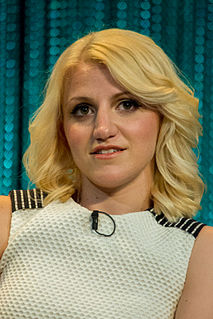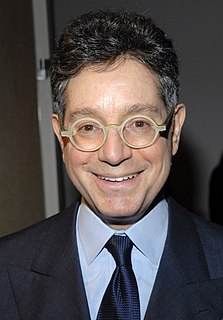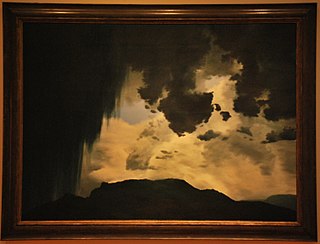A Quote by Mura Masa
I think there's a huge pivot in popular music, and just in culture in general, towards art that is vulnerable and emotionally honest.
Quote Topics
Related Quotes
I think the music industry, for instance, is such a huge, multibazillion-dollar industry and it's become very, very savvy. There's a very short grace period in which actual human rebellion or resistance can thrive before it's co-opted by these huge companies. And all of youth culture is packaged and sold back to us at this furious rate these days. I think it's part and parcel to this corporate encroachment on our lives in general.
I'm from Louisiana, and that's where I got my start, in Cajun music. There's a huge music scene down there centered around our culture. Those are people that are not making music for a living. They are making music for the fun of it. And I think that's the best way I could have been introduced to music.
I get the greatest joy from just doing anything, being an actor. Doing music, and doing what I love to do. I don't make a huge distinction between comedy and drama. I think the whole point is just trying to be as honest, from moment to moment, as you can be. If you're honest about the material, and the material is ridiculous, then you're in a comedy.



































